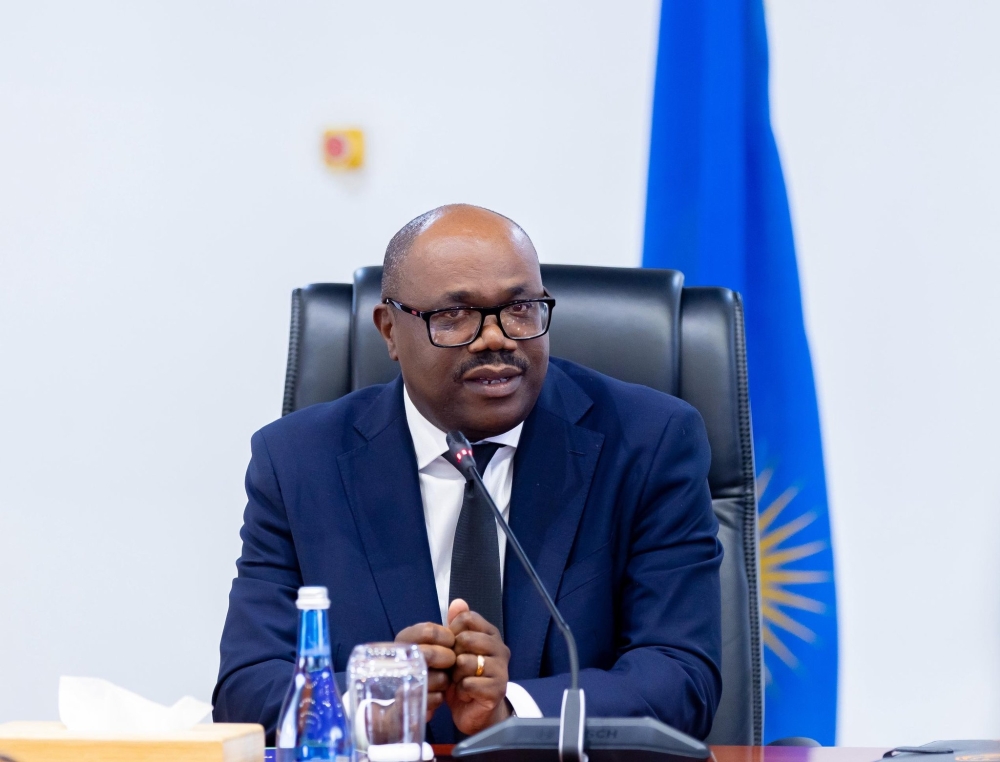Stakeholders in the mining sector are discussing measures to mitigate environmental and social impact of the mining activities on the communities.


Stakeholders in the mining sector are discussing measures to mitigate environmental and social impact of the mining activities on the communities.
This follows findings of a survey carried out by the Ministry of Natural Resources together with the United Nations Economic Commission for Africa (UNECA), on the positive and negative effects of mining.
The survey also makes recommendations on how to combat threats the sector may pose to society. While presenting the findings of the report dubbed ‘Social & Environmental Dimensions to Consider in the Development of the Mining industry in Rwanda’ last week, Antonio Pedro, the director UNECA sub regional office for Eastern Africa, said the mining industry was an important sector in the country’s economy with significant potential for future growth.
"In 2012 the mining industry represented 23 percent of exports and contributed 1.3 percent of GDP. The sector also employed 0.4 percent of total work force,” he said.
He added that there was evidence that local communities are benefiting from mining.
"A cost benefit analysis indicated that the net product value of the current mining industry over the next 30 years using a discount rate of 4 percent is a net benefit to the nation of $3,372 million and could increase to $8,500 million dollars if a major mine was discovered in the next few years” Pedro explained.
Rwanda has more than 30 medium-sized mines and about 400 smaller mining sites which are mainly owned by cooperatives of artisanal miners.
Despite the positive impacts it has to the country’s economy and society, it may pose a threat to the environment as well as the social welfare of the nearby communities if there are no proper policies to govern the sector, experts said.
"Displacement of people, loss of productive land, damage to natural resources, erosion, water quality, and damage to air quality, dust, noise and vibration: These issues can be taken care of with a proper environment management plan and supervision by REMA,” he added.
Acknowledging the threat the mining sector may have on the environment, Michael Biryabarema, the Deputy Director General of Rwanda Natural Resources Authority, said water siltation was a major challenge in the mining sector.
"Most people wash their minerals in water and waste management is also not efficient, but we are working with REMA to mainstream environmental issues in the mining sector. We have also put in place the water management and recycling standards that even a micro miner can do to ensure water safety,” Biryaberema said.
"In terms of sustainability we have several interventions on the ground and we have standards for safe mining. There is we have a unit in charge of carrying out regular inspection of mines to ensure environmental protection, that there is no child labour, as well as improved working conditions. We also have a regulatory framework to govern the sector,” he added.




